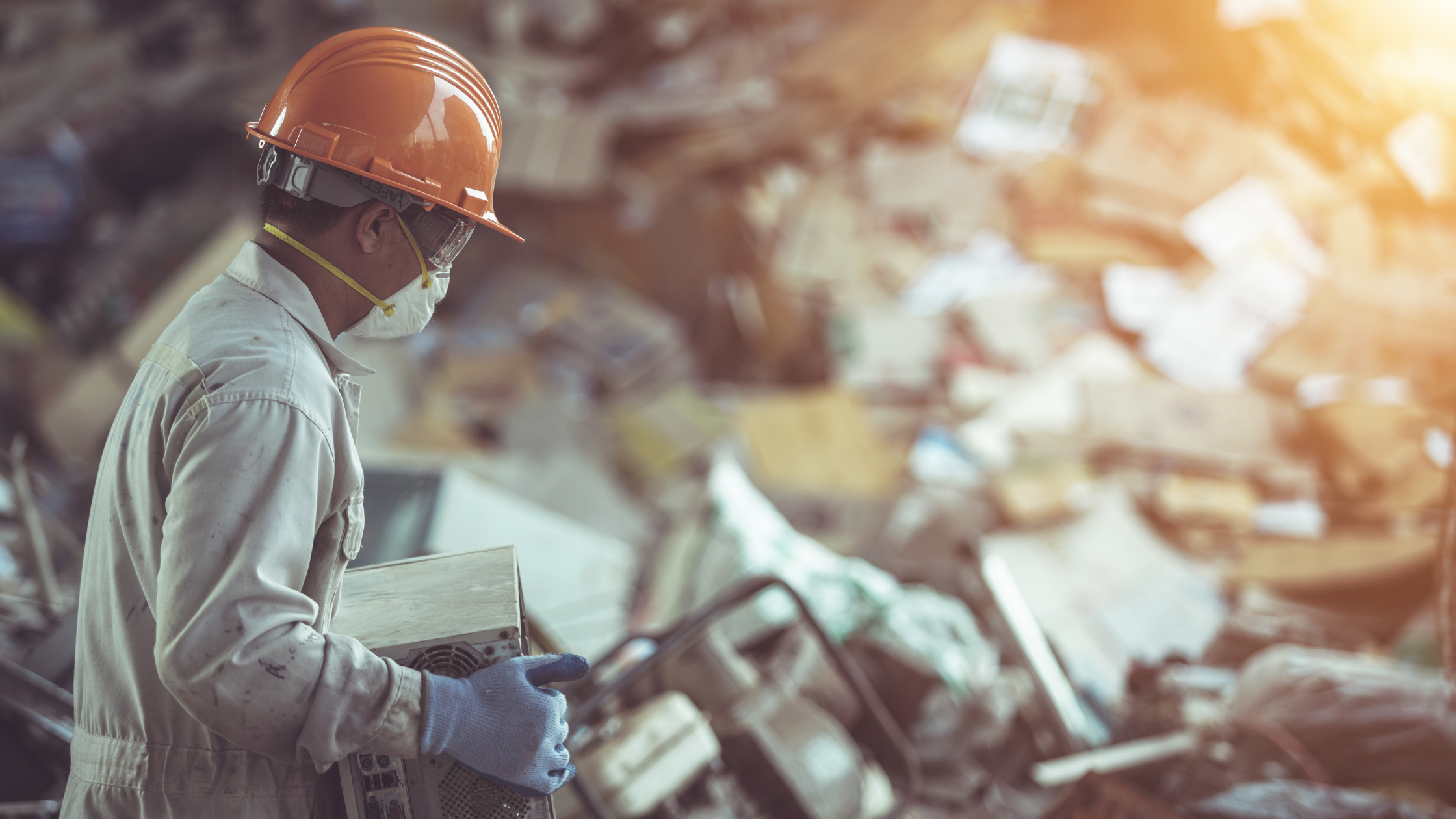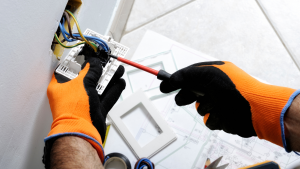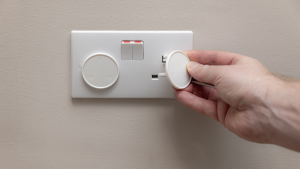Understanding the Importance of Electrical Waste Disposal
Electricity powers our modern world, but as technology continues to evolve, so does the problem of electrical waste disposal. Properly disposing of electrical waste, also known as e-waste, is crucial for the environment and human health. In this blog, we will explore the significance of responsible electrical waste recycling and provide useful tips to ensure that your electrical waste is disposed of in an eco-friendly and responsible manner.
Presently, the United Kingdom stands as a prominent contributor to the global accumulation of household electronic waste (e-waste). Disposing of malfunctioning or undesirable electronic devices in landfills poses a severe risk, leading to the infiltration of hazardous elements like lead and mercury into the surrounding soil and water sources.
Within these electronics lies a treasure trove of invaluable non-renewable resources, encompassing elements such as gold, silver, copper, platinum, aluminium, and cobalt. Regrettably, when these devices are discarded without undergoing proper recycling, we squander the opportunity to salvage these precious materials, perpetuating a loss with far-reaching consequences.
What Constitutes Electrical Waste?
Electrical waste encompasses a wide range of items, including old computers, televisions, mobile phones, kitchen appliances, power tools, and other electronic devices that are no longer in use or are beyond repair. These items contain hazardous materials such as lead, mercury, cadmium, and flame-retardant chemicals that can be harmful to the environment if not disposed of properly.
Opting for recycling over consigning valuable components to landfills is an environmentally conscious choice, yet it is accompanied by a distinct set of ethical deliberations.
Recycling procedures, while vital, often suffer from sluggishness and inefficiency, leading some countries to offload this complex responsibility onto regions where inadequate labour regulations and safety protocols fail to safeguard the individuals engaged in the meticulous and perilous task of extracting metals and minerals from e-waste.
Tips for Responsible Electrical Waste Recycling
- Locate Authorised Collection Centres:
When disposing of electrical waste, it is crucial to find authorised collection centres in your area. These centres have the necessary permits and facilities to handle and recycle e-waste safely. Check with your local council or environmental agencies for a list of certified collection centres near you.
- Choose Certified Recyclers:
Ensure that the collection centres or recycling facilities you choose are certified by relevant environmental agencies. These certifications guarantee that the recycling process meets the required standards and regulations, minimising the impact on the environment. Look for certifications such as the Waste Electrical and Electronic Equipment (WEEE) directive compliance.
- Securely Erase Personal Data:
Before recycling your electronic devices, it is essential to protect your personal information. Make sure to back up any important data and then securely erase it from the device. This can typically be done through a factory reset or using specialised software. Take the necessary steps to safeguard your privacy and prevent any unauthorised access to your data.
- Separate E-Waste from General Waste:
To facilitate the recycling process, it’s important to separate electrical waste from general household waste. Keep a designated container for e-waste in your home or office, making it easier to collect and dispose of properly. By separating electrical waste, you allow for more efficient recycling and reduce the risk of hazardous materials contaminating the environment.
- Don’t Dump E-Waste in Landfills:
Under no circumstances should electrical waste be thrown in regular trash bins or dumped in landfills. E-waste requires specialised handling and processing to ensure the safe recovery of valuable resources and the proper disposal of hazardous substances. By recycling e-waste, precious metals like gold, silver, and copper can be extracted, reducing the need for mining and preserving natural resources.
- Consider Donating or Selling Still-Functional Devices:
If your electronic device is still in working condition, consider donating it to charities, schools, or individuals in need. Many organisations refurbish and distribute these devices to communities lacking technology access. Alternatively, you can sell or trade-in your devices through reputable platforms, providing them with a second life before recycling becomes necessary.
These Articles May Also Interest You:
A Guide to Children’s Electrical Safety in Your UK Home
Automating Your Home: The Future of Smart Home Technology
Tips for Garden Lighting That Will Transform Your Outdoor Space
Find Out More About Electrical Waste Disposal In Your Area
Responsible electrical waste disposal is vital to protect our environment and human health. By understanding the importance of recycling e-waste and following the tips provided, you can contribute to a more sustainable future. Remember to locate authorised collection centres, choose certified recyclers, erase personal data, separate e-waste, and avoid dumping it in landfills. By doing so, you are taking an active role in preserving our planet for future generations while also supporting the circular economy. Let’s all make a commitment to responsible electrical waste recycling today!
If you are looking for a trusted electrician that correctly disposes of electrical waste, get in touch with BES Electrical today.




